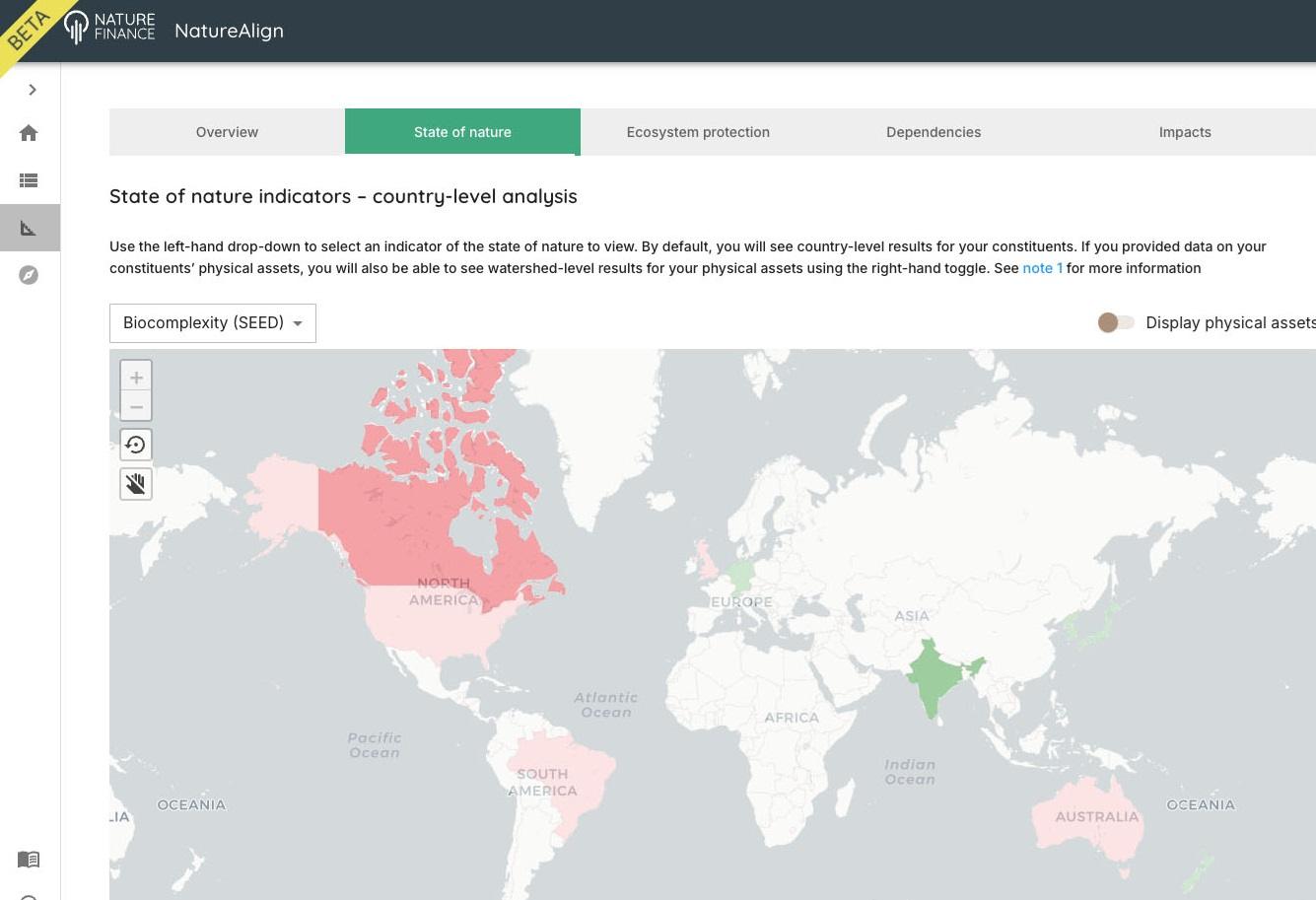Nomura to Align Lending and Investment Portfolios with Net Zero Goals
Japan-based securities and investment banking company Nomura Holdings announced today a series of climate commitments targeting its operations as well as its financing and investment activities.
In the bank’s commercial activities, Nomura has pledged to transition its lending and investment portfolios to align with pathways achieving net zero by 2050. Nomura stated that this initiative will align “with the objectives agreed in the Paris Agreement, aiming to limit global temperature increases to well below 2°C, and striving for 1.5°C, above pre-industrial levels.”
The bank plans to release its first round of targets established for prioritized sectors by 2030 and 2050 within 18 months, to be followed by subsequent targets for other carbon-intensive sectors within a further 18 months.
Nomura has also committed to reach net zero GHG emissions in its operations by 2030. The company stated that it has been increasing procurement of renewable power at its offices and plans to switch to 100% renewable electricity at offices by FY2030.
In addition to its new targets, the company also announced it has joined the Net Zero Banking Alliance. The alliance was launched in April 2021, with a group of banks committing to align operational and attributable emissions from their portfolios with pathways to net-zero by 2050 or sooner. The alliance has already grown to over 55 banks from 27 countries representing more than $38 trillion in assets, nearly a quarter of global banking assets. The coalition forms part of the Glasgow Financial Alliance for Net Zero (GFANZ), along with the Net Zero Asset Managers Initiative, the Net-Zero Asset Owner Alliance and the Net Zero Financial Service Providers Alliance.
Nomura stated that it will provide products and services for clients to transition to a decarbonized economy, with a target to deploy $125 billion in sustainable financing by March 2026. Additionally, the company plans to support corporates, industries, and public institutions in their transition journey, and support innovation, deployment of technologies and climate solutions.





